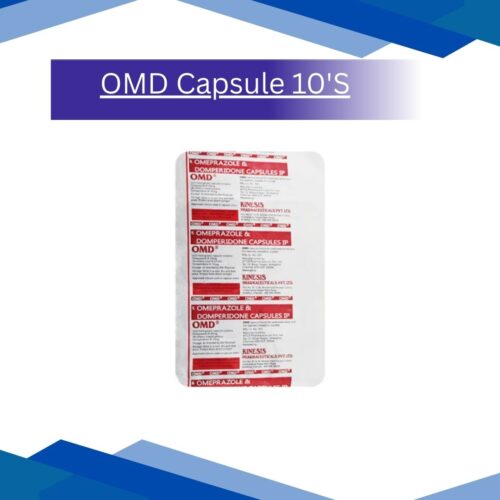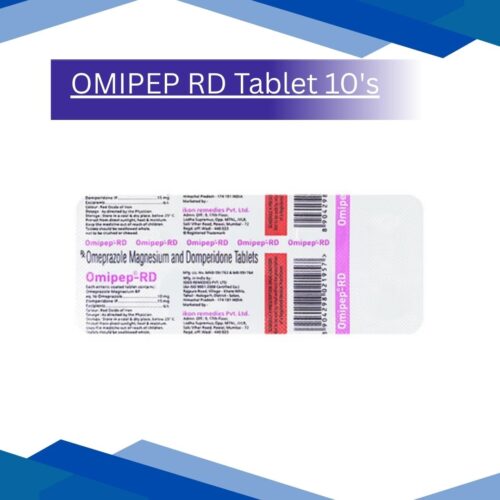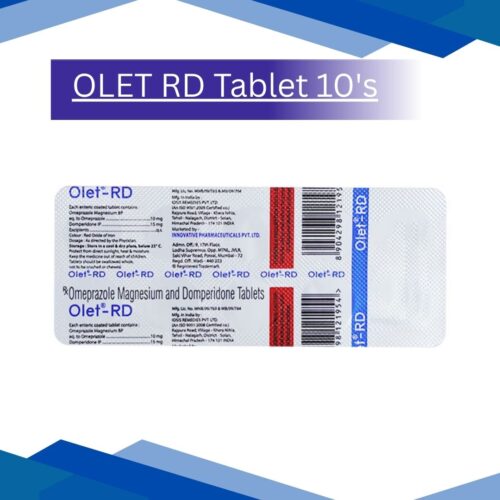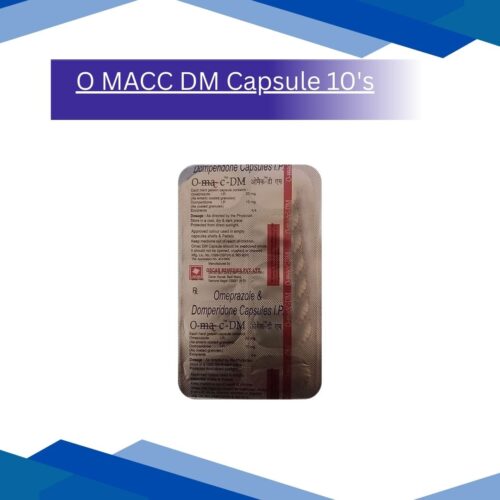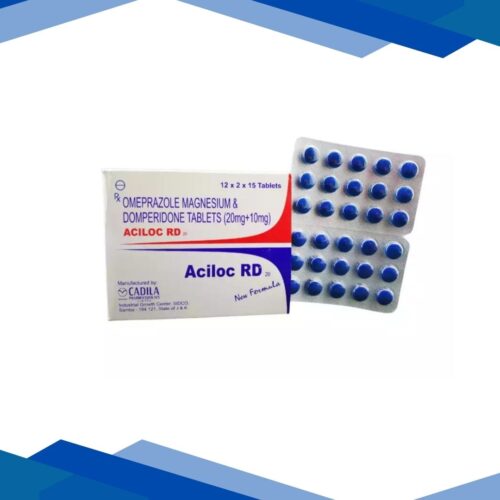EVOLVE CYCLO MNP Eye Drops 5ml
Iminoral Oral Solution 50ml
SPRINTAS 50mg Capsule 5’s
PASILOW 100mg Capsule 5’s
Promisec D
No Prescription yet? Don’t worry! Click Here to Get Online Consultation
Why Prescription is Required?
✅ Providing Right Medicines
Prescriptions are complex documents. We proofread and recheck at various steps to provide you the right medication in the correct form and dose.
⚖️ Helps Comply with the Law
Most medicines cannot be sold without a valid prescription, as per the Drugs and Cosmetics Act, 1940 and Rules, 1945.
Book Appointment with Doctor
Omeprazole is a type of medicine called a proton pump inhibitor (PPI). Proton pumps are enzymes in the lining of your stomach that help it make acid to digest food. For more details kindly click on Medicine Salts below:
Domperidone
DOMPERIDONE
Overview:
Domperidone is a drug used to ease symptoms including nausea, vomiting, bloating and pain that occur due to slow movement of the stomach. It assists in the reduction of the feeling of sickness by increasing the speed at which food is passed through the stomach and the intestines. The drug is commonly used in cases where persons have issues of gastric disorders, acidity reflux and or rapidity of feeling full after eating.
Classification: Dopamine (D₂) receptor antagonist
Uses:
Domperidone is commonly being used in relieving such symptoms as nausea, vomiting, bloated stomach, or abdominal discomfort as a result of slow-digesting or acidic stomach. It assists ease of the food passage in the stomach and the intestinal system to promote a relief of the sensation of fullness, gases, and indigestion. In addition, it may be applied in the treatment of gastroparesis, which is a disorder in which the stomach does not empty as fast as it normally does and there are instances when it is taken to enhance breast breast milk production and under medical guidance.
How it works:
Domperidone works by blocking dopamine D₂ receptors, mainly in the part of the brain that controls nausea and in the gut. Dopamine can slow down the movement of the stomach and intestines and trigger vomiting. By blocking dopamine’s action, domperidone stimulates the muscles of the stomach and intestines, helping food move more quickly through the digestive tract. This action helps reduce nausea, vomiting, bloating, and discomfort after eating.
Dosage:As prescribed by your doctor.
Side effects:
Headache
Dry mouth
Drowsiness or fatigue
Irregular periods (in females)
Diarrhea
Precautions:
Before using domperidone, it is important to tell your doctor whether you have any heart problems, specifically whether you had experienced a skipped heartbeat, or whether you take any drug that is likely to impact the heart functionality. Be aware of doing it in case you have liver or kidney problems. Domperidone is not commonly applicable in long-time usage and higher dose, as it can increase the chance of cardiovascular side effects. Only pregnant or breastfeeding women are not allowed to use it without doctor recommendation. Never take more than the recommended dose and do not use it concomitantly with other cardiotropic medication unless advised by a health expert.
Disclaimer:This content is for informational purposes only. Always consult a healthcare provider for medical advice and proper dosage.
Omeprazole
OMEPRAZOLE
Overview
Omeprazole is a commonly used medicine that helps reduce the amount of acid your stomach makes. It’s mainly taken to treat problems like acid reflux, heartburn, and stomach ulcers.
Classification
Proton pump inhibitors (PPIs)
Uses
Omeprazole is used to treat conditions where the stomach makes too much acid or when acid causes irritation. It helps with:
Heartburn and acid reflux (a burning feeling in the chest or sour taste in the mouth)
GERD (gastroesophageal reflux disease), a long-term form of acid reflux
Stomach and duodenal ulcers (sores in the stomach or upper intestine)
Healing damage caused by too much acid in the food pipe (esophagus)
Preventing ulcers in people who take certain painkillers (like NSAIDs) for a long time
Zollinger-Ellison syndrome, a rare condition where the stomach produces too much acid
How it works
Omeprazole works by turning down the “acid pumps” in your stomach lining. These pumps are responsible for producing stomach acid. When omeprazole blocks them, the acid levels drop.
Less acid means:
Less irritation to the food pipe (esophagus), helping it heal if it’s been damaged by reflux or too much acid
Ulcers can heal faster, and there’s less chance of new ones forming—especially important for people who take painkillers like NSAIDs regularly, which can be hard on the stomach
In rare conditions like Zollinger-Ellison syndrome, where the body makes way too much acid, omeprazole helps bring acid levels under control and protects the digestive system from damage
Dosage:
As prescribed by your doctor.
Side effect
Most people handle Omeprazole well, but a few may notice minor effects like:
Headache
Tummy ache or stomach discomfort
Bloating or gas buildup
Nausea and vomiting
Constipation or diarrhea
Feeling weak, lightheaded, or low on energy
These effects are usually gentle and short-lasting.
Preautions
Take it as directed: Usually taken before meals, preferably in the morning. Don’t crush or chew the capsule—swallow it whole unless your doctor says otherwise.
Long-term use caution: Using Omeprazole for a long time (especially over a year) may lead to issues like low vitamin B12, low magnesium, or a higher risk of bone fractures. Your doctor may recommend tests if you’re on it for a while.
Tell your doctor if you’re pregnant or breastfeeding: It’s usually safe, but always check first.
Let your doctor know about other medications: Omeprazole can affect how certain drugs work, like blood thinners (e.g., warfarin) or some antifungals and antivirals.
Kidney or liver conditions: If you have kidney or liver issues, your dosage may need to be adjusted or monitored.
Don’t stop suddenly if used long-term: Stopping too quickly can cause acid rebound. Always follow your doctor’s guidance.
Disclaimer:
This content is for informational purposes only. Always consult a healthcare provider for medical advice and proper dosage










